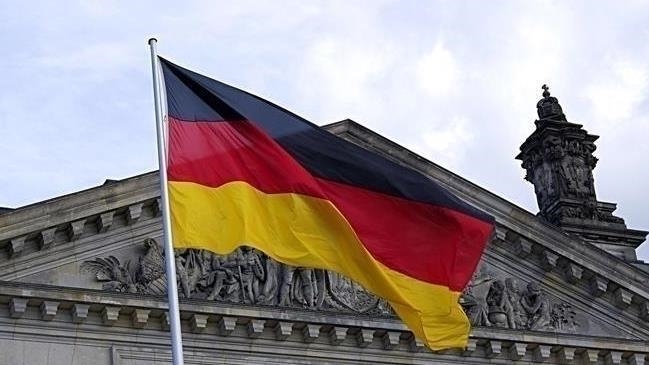
BERLIN
The German interior minister’s decision to sack German cybersecurity chief Arne Schoenbohm can be seen as a politically motivated move, a leading German cyber security expert told Anadolu Agency.
“The firing could be politically motivated as we are also witnessing political changes within the ministry as part of so-called structural changes. The concrete allegation of Schoenbohm’s links with Russian intelligence services is so far mostly speculation,” said Dustin Fuerst of the Berlin-based Polis 180 think-tank.
“Schoenbohm has agreed to an open investigation into any allegations, so that he can defend himself. Also, the allegations have been very vague so far, as no concrete incident has been mentioned,” added Fuerst.
The German Interior Ministry was under conservative Christian Democratic (CDU/CSU) leadership under the chancellorship of Angela Merkel from 2005 until 2021.
After the elections of September 2021, Nancy Faeser took over as interior minister and said she would introduce internal changes within the structure of the ministry, said Fuerst.
This restructuring hasn’t happened so far, unlike in many other ministries, but the ongoing change in the leadership of the highest civil German cyber security agency might be the beginning of that, he added.
Interior Minister Nancy Faeser sacked Schoenbohm earlier this week as head of the BSI cybersecurity agency, a post he had held since 2016.
A decade ago, Schoenbohm co-founded a cybersecurity group bringing together experts from public institutions and the private sector, including one firm that allegedly had ties with Russian intelligence agencies.
Cybersecurity crisis 'badly managed' by government
Asked whether Germany is facing a serious counter-espionage problem, Fuerst said: “This might be more of an indication that the allegations against Schoenbohm himself either might not be as substantial, or not as serious as the public is led to believe.”
“Any interpretation of Germany having a general serious problem regarding counter-espionage is currently only speculative. Regardless of the validity of the current allegations, the way Mr. Schoenbohm has been removed has strongly damaged the international reputation of both the BSI and Germany regarding cybersecurity,” he added.
Fuerst argued that the cybersecurity crisis has been "badly managed" by the government.
"During the last weeks, the security situation especially regarding so-called critical infrastructure in Germany and the spillover of the war in Ukraine has created a certain threat awareness in Germany, among civil society, the economy, and the politicians," he said.
"This badly communicated and so far badly managed crisis regarding Arne Schoenbohm, whose reputation has never been the best, and whose lack of qualification for the post of head of the German cybersecurity agency has been publicly questioned, is coming at a tremendously bad time," he added.









